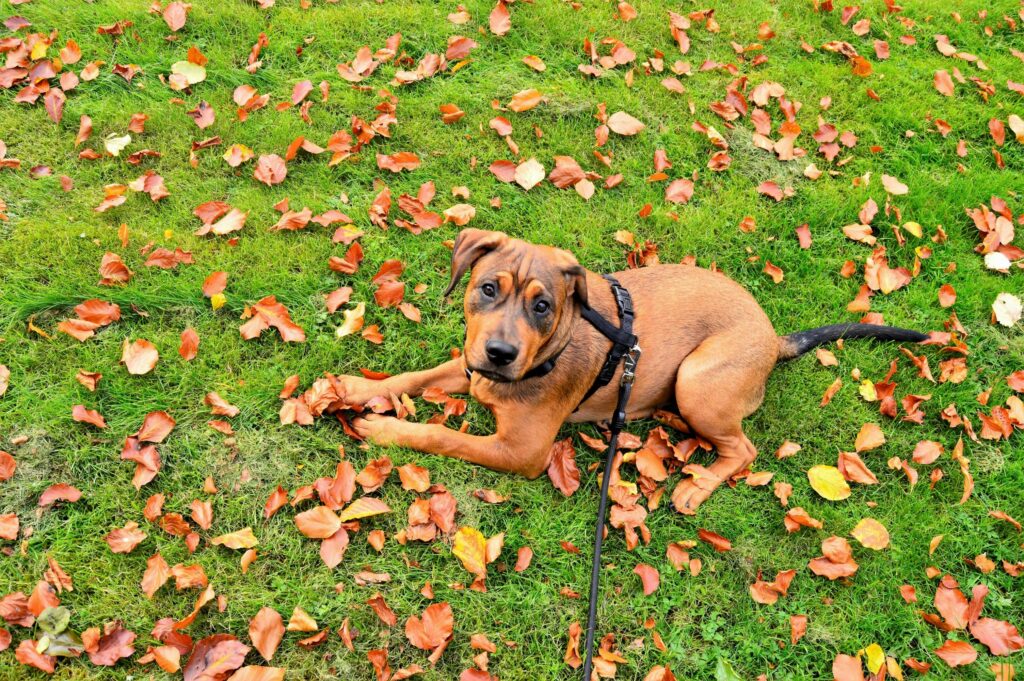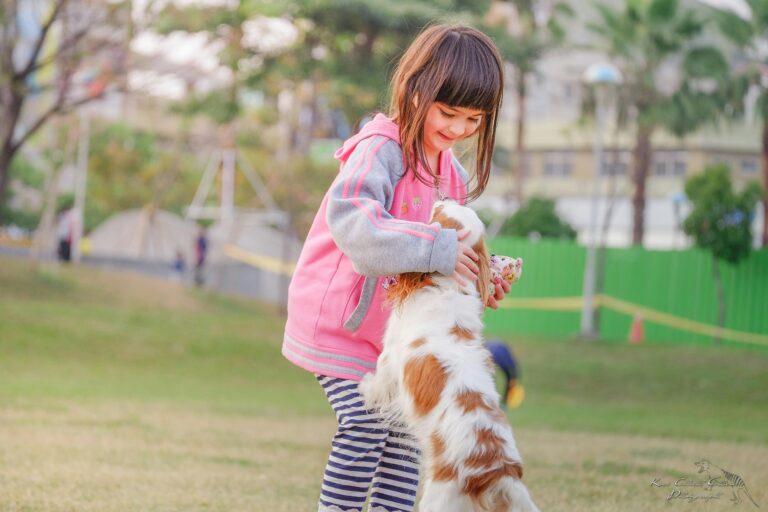When clients ask me how to socialize their dogs, the first thing that often comes up is the dog park. Dog parks sound great in theory: wide open spaces, lots of dogs, and a chance to burn energy. But as a trainer, I know they can be a double-edged sword.
The truth is, not all dogs thrive in dog parks, and not all owners know how to manage them properly. On the other hand, structured play sessions provide clear rules, guidance, and training opportunities that set your dog up for long-term success.
So which option is better? Let’s break it down.


The Pros and Cons of Dog Parks
Dog parks can provide a valuable outlet for some dogs, but they also come with risks.Pros of dog parks:
- A chance for off-leash exercise in a safe, enclosed area
- Socialization with a variety of dogs
- Exposure to new sights, sounds, and smells
- A convenient way for owners to burn off excess energy
Cons of dog parks:
- Risk of negative experiences, including bullying or fights
- Unpredictable play styles among unfamiliar dogs
- Poor owner supervision in some cases
- Overstimulation that can undo obedience progress
The Case for Structured Play
Structured play offers all the benefits of fun and exercise without the unpredictability of dog parks. This approach allows you to set the rules, guide the play, and ensure your dog stays responsive to commands.Examples of structured play:
- Fetch with clear rules like “drop it” and “wait”
- Tug-of-war with a “release” command to practice impulse control
- Hide-and-seek recall games in the yard
- Obedience drills integrated into playtime
Why Structure Builds Confidence
Unstructured play, like what happens at many dog parks, can lead to inconsistent behavior. Dogs may learn that ignoring commands is acceptable when they’re excited. Structured play flips that script. When you combine games with obedience training, your dog develops:- Better focus under distraction
- Improved impulse control
- Stronger recall
- Clear understanding of boundaries
When to Avoid Dog Parks
Some dogs simply aren’t suited for unstructured dog park play. If your dog shows signs of reactivity, resource guarding, or fearfulness, dog parks can make the problem worse. In these cases, structured, supervised interactions are safer and more effective. Our blog on how to train calmness around water, pools, lakes, and beaches shares tips for managing dogs in stimulating environments, advice that also applies when deciding if your dog is ready for off-leash play with others.Checklist Review: Dog Parks vs. Structured Play
- Dog parks can be beneficial, but supervision is crucial
- Risks include overstimulation, fights, and poor social experiences
- Structured play builds obedience while keeping things fun
- Commands like “drop it,” “release,” and “recall” should be part of games
- Not all dogs are suited for unstructured park environments
- Training consistency matters more than location
Finding the Right Balance
Dog parks are not inherently bad, but they’re not the best training ground for every dog. Structured play, on the other hand, always reinforces obedience while providing enrichment and exercise. The best choice depends on your dog’s temperament, training level, and your ability to supervise effectively. If you want your dog to enjoy freedom while still respecting boundaries, structured play is the safer and more reliable option. Need help deciding what’s right for your pup? We can evaluate your dog’s behavior and recommend a plan that works.Contact us today to schedule a consultation and start building better play routines for your dog.
Learn About Our Training Programs
Discover why we are the best dog trainers in Charleston, WV →
Professional coaching for a happier, balanced dog.

